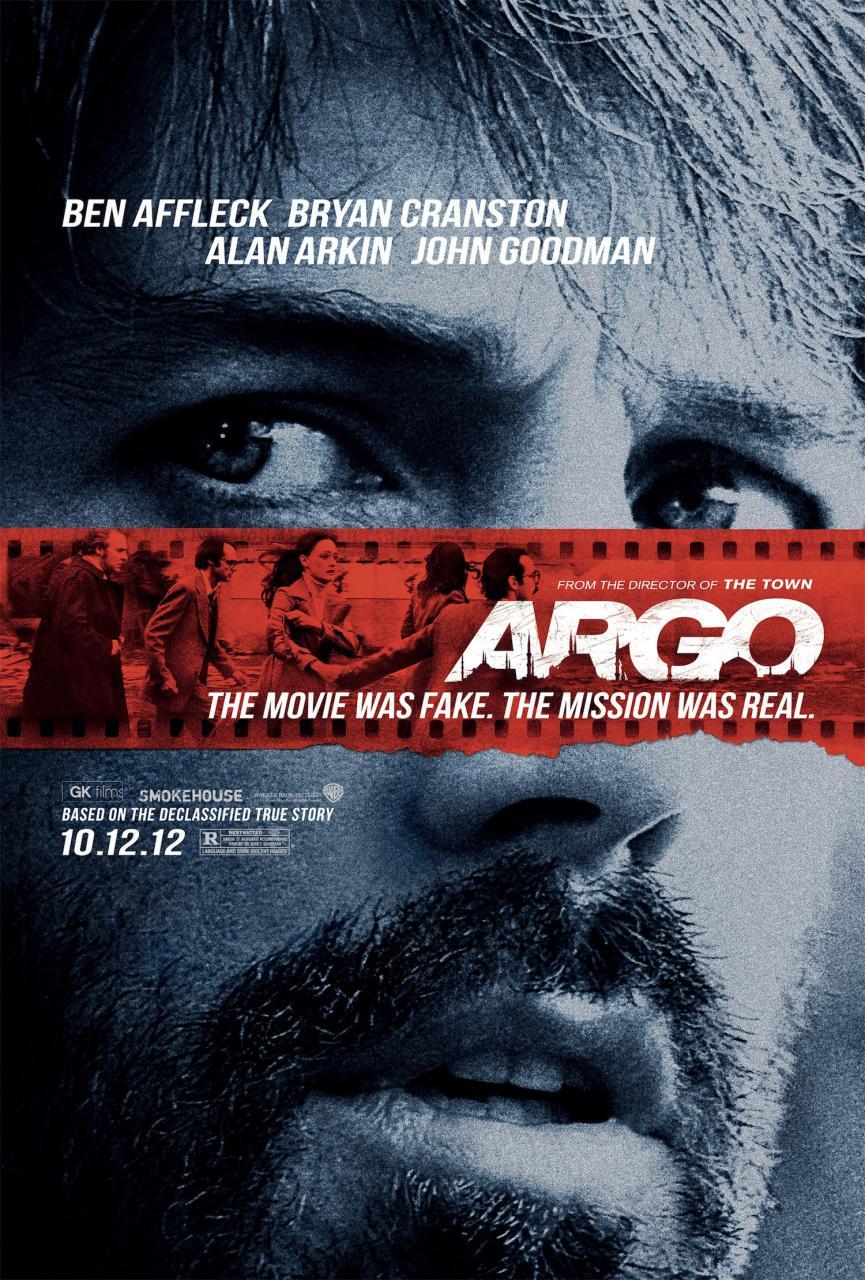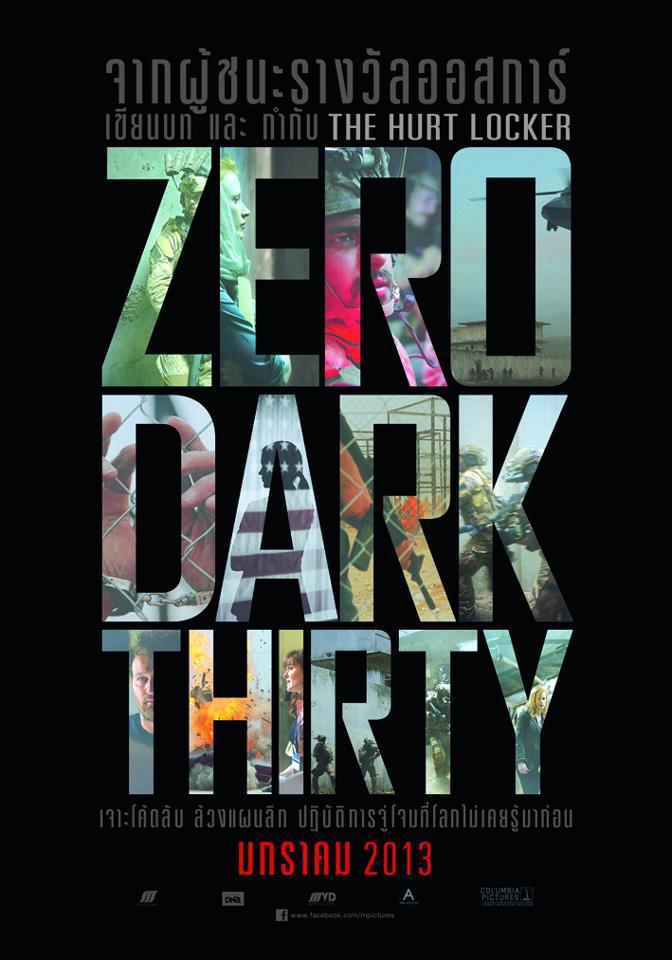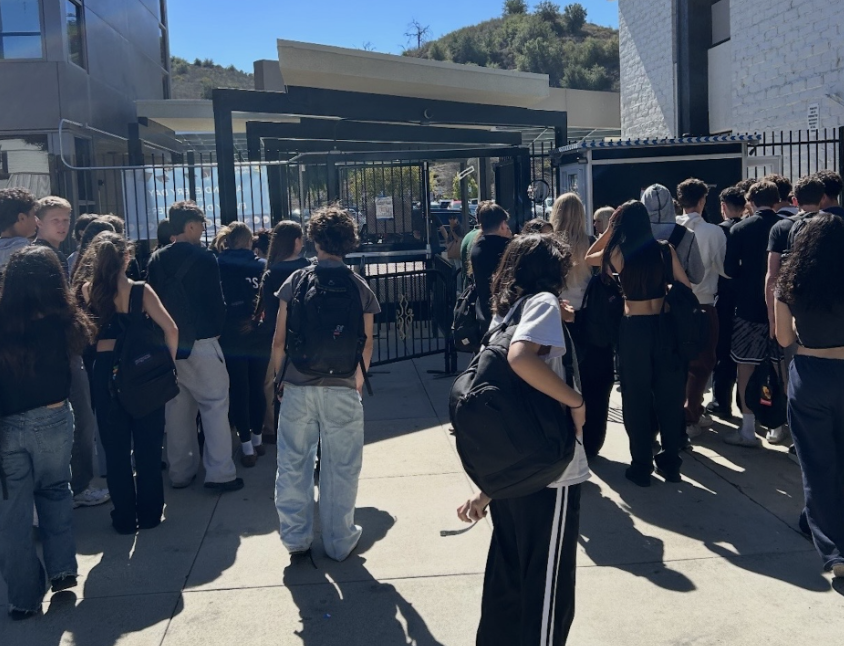In the 1991 movie JFK, director Oliver Stone took many liberties in his adaptation of the events leading up to the assassination of President John F. Kennedy. His critically acclaimed film had a significant impact on the history of filmmaking, as it inspired other filmmakers to develop their own interpretations of historical events through the medium of motion picture. Almost 22 years later, three Oscar nominated films, Argo, Zero Dark Thirty and Lincoln, are inspired by real events. These films follow the trend that Stone set, as each movie displays some degree of leeway in historical accuracy. Film critics and viewers should not criticize filmmakers for displaying a certain amount of creative freedom when producing movies based on true events.
 “I think the writers and the directors have a right to have creative license, as [the movie] is their production and their creation,” said Advanced Placement European History and Government teacher Julie Scheppele. “There is a lot of value in using [these films in the classroom], even if not everything about them is accurate.”
“I think the writers and the directors have a right to have creative license, as [the movie] is their production and their creation,” said Advanced Placement European History and Government teacher Julie Scheppele. “There is a lot of value in using [these films in the classroom], even if not everything about them is accurate.”
History teachers have taught us that almost every historical narrative and document, such as a diary or even a textbook, contains some level of bias that affects the accuracy of certain facts. Similarly, films based on true events are historical documents, in which
 the deviation from history is merely bias. This is evident in the film Argo as the story minimizes the role the Canadian government played in getting Americans out of Iran during the Iranian Hostage Crisis. Despite people’s accusations that many historical films are not accurate, they fail to acknowledge that many other historical documents are inaccurate as well. However, prominent historians and biographers still use these documents to assess historical events.
the deviation from history is merely bias. This is evident in the film Argo as the story minimizes the role the Canadian government played in getting Americans out of Iran during the Iranian Hostage Crisis. Despite people’s accusations that many historical films are not accurate, they fail to acknowledge that many other historical documents are inaccurate as well. However, prominent historians and biographers still use these documents to assess historical events.
 Furthermore, filmmakers may have difficulty acquiring certain pieces of information. For example, the filmmakers of Zero Dark Thirty were unable to obtain certain classified details from the U.S. government regarding the mission in search of Osama bin Laden. They relied primarily on firsthand reportings and interviews with government sources, leading to skewed facts due to personal bias.
Furthermore, filmmakers may have difficulty acquiring certain pieces of information. For example, the filmmakers of Zero Dark Thirty were unable to obtain certain classified details from the U.S. government regarding the mission in search of Osama bin Laden. They relied primarily on firsthand reportings and interviews with government sources, leading to skewed facts due to personal bias.
“It’s a movie, and it’s accurate in the way a movie can be accurate: it’s 10 years compressed into two and a half hours and there are many tactics utilized,” said director Kathryn Bigelow in an interview with Stephen Colbert.
Critics of these films argue that they do not accurately portray American politics and history. On the contrary, these three films display a very accurate idea that has been a part of the foundation of America. The people who created these films exercise their freedom of expression and eliminating their ability to form their own interpretation would be a disservice to cinema.









Kunal Aggarwal • Mar 5, 2021 at 6:37 pm
Well this a trip down memory lane! I can’t believe some of my articles are still online! Keep up the good work guys! Being apart of the courier definitely taught me a lot about writing and conducting research. I have taken the lessons I have learned well into college and even medical school. I am currently a 3rd year medical student, and I am working to publish several research papers in scientific journals. Stick with it, and I promise you the skills you learn here will help you in the long run!